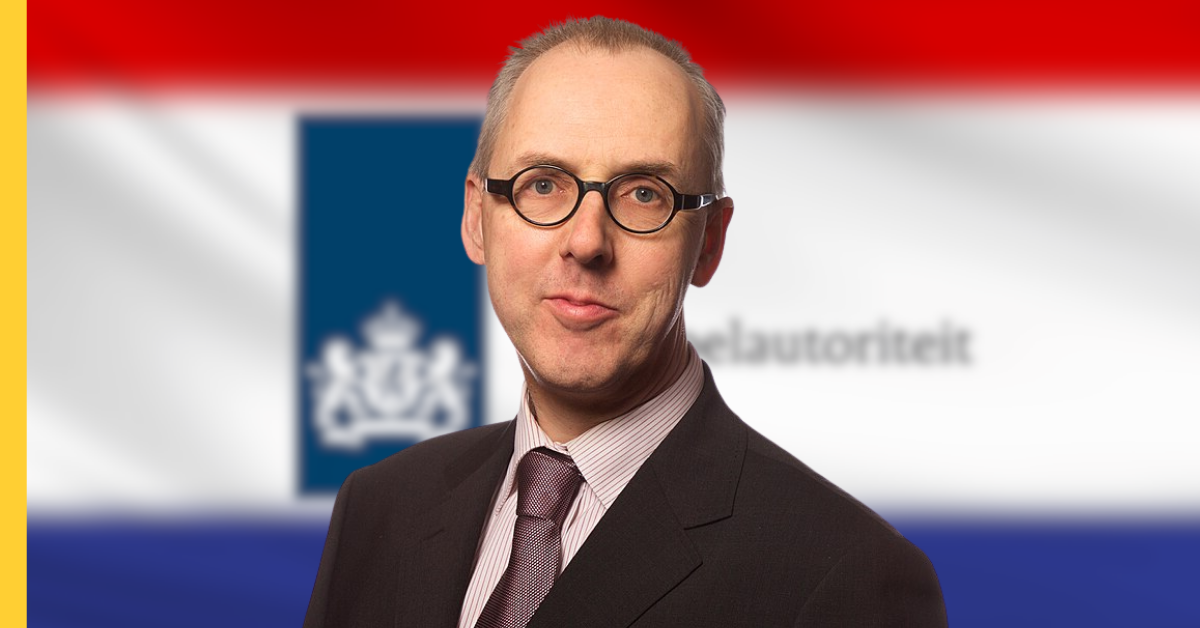
The head of the Netherlands Gambling Authority (KSA) has called for the creation of a global “gambling Interpol” to coordinate enforcement efforts against unlicensed online operators. The concept is not new, and the regulator’s call marks just the latest push toward unified regulatory oversight in the international gambling industry.
KSA Chair Michel Groothuizen made the comments while speaking at the International Association of Gaming Regulators (IAGR) conference in Toronto, Canada, last week.
He urged regulators to collaborate beyond national borders, proposing the establishment of a Europe-wide enforcement framework that could eventually expand globally.
Groothuizen’s comments reflect growing recognition that illegal gambling networks operate seamlessly across jurisdictions while regulators remain confined by national laws.
His remarks come as the Netherlands continues to grapple with challenges following the legalisation of its online gambling market in 2021.
The opening followed nearly two decades of legislative debate, beginning around 2000 and culminating in the 2019 passage of laws that enabled licensing, central data collection, and the creation of a national self-exclusion register.
The KSA’s initial objectives were twofold: to counter illegal operators and to strengthen player protection. However, the rapid global expansion of mobile and online gambling has outpaced available enforcement tools.
Groothuizen described the situation as “battling a 21st century war with medieval tech.”
He criticised the original decision to remove provisions allowing the regulator to take down illegal websites, arguing that the change, intended to preserve internet freedom, left Dutch authorities at a disadvantage.
Without the power to make illegal sites inaccessible, unlicensed operators have been able to adapt and resurface quickly under new domain names.
Since legalisation, the Dutch market has faced a flood of gambling advertising and a recent decline in legal market share.
According to the KSA, the channelisation rate by gross gaming revenue has now dropped below 50%, meaning roughly half of all gambling expenditure currently flows to unlicensed platforms.
Groothuizen warned that tightening advertising and deposit-limit regulations in the legal sector may have unintentionally strengthened the position of illegal operators.
His call for a “gambling Interpol” reflects mounting frustration among regulators worldwide who face similar challenges.
The proposed network would allow authorities to share intelligence, coordinate investigations, and act collectively against illegal operators.
It would also involve collaboration with technology companies and payment processors, which play a role in facilitating unlicensed gambling.
Efforts toward greater regulatory cooperation have already begun in Europe, particularly in the fields of anti-money laundering and consumer protection.
Groothuizen said the gambling sector could follow those models to create shared enforcement standards and data-sharing systems.
As online gambling continues to expand globally, calls for joint enforcement and harmonised oversight are becoming increasingly difficult to ignore.
#KSANetherlands #GamblingRegulation #GlobalCooperation #IllegalGambling #IAGR2025 #ResponsibleGaming #RegulatoryEnforcement